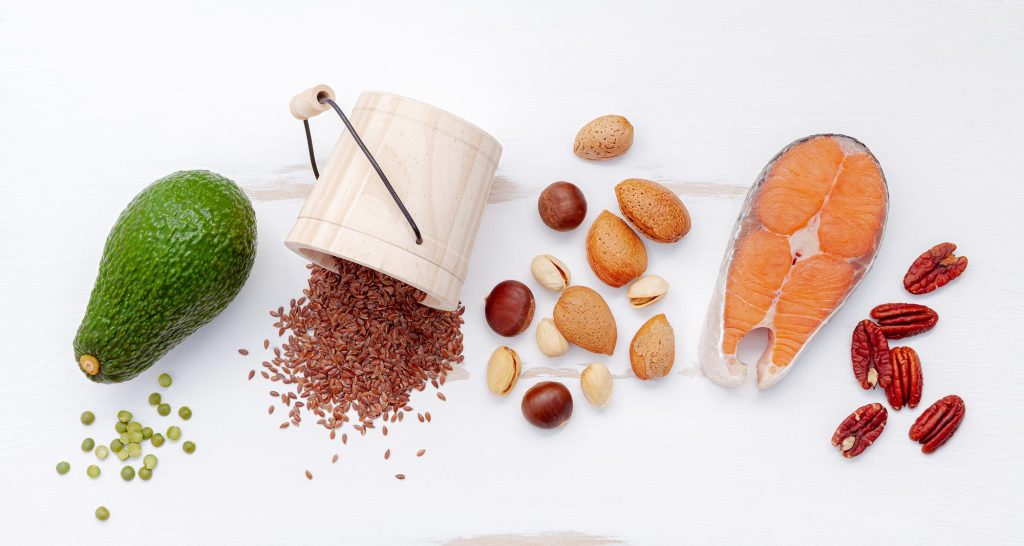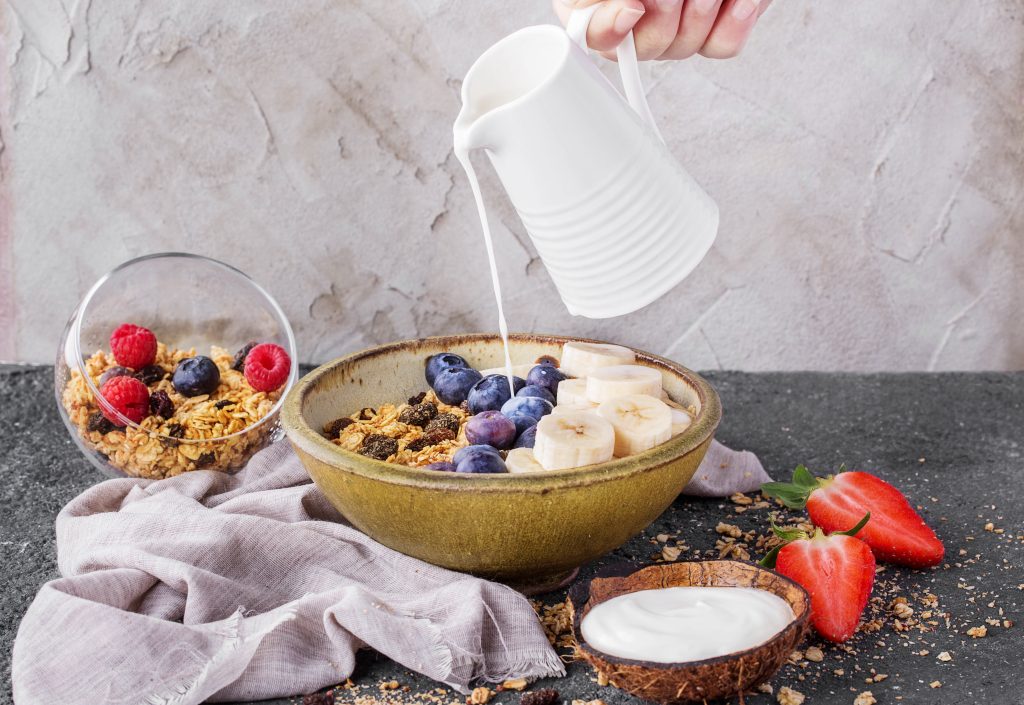When it comes to strength training, the majority of people have a tendency to concentrate only on using heavier weights and more intense workouts. But nutrition is a key factor to determine your strength training outcomes.
It doesn’t matter whether you want to gain muscle, enhance endurance, or recover faster, the kind of food you eat affects your performance and progress directly. In this guide, we will discuss how proper nutrition can optimise your strength training and enable you to reach your fitness goals.
The Connection Between Nutrition and Strength Training
Strength training is progressive resistance exercise which damages the muscle fibres. To repair and get stronger, these fibres require the appropriate nutrients at the appropriate time.
Proper dieting helps in favour of:
- Muscle growth and repair
- Energy production and endurance
- Faster recovery and reduced soreness
- Optimised hormone levels for performance
Without proper nutrition, even the best training program can lead to fatigue, injury, and suboptimal results.

Key Nutrients for Strength Training Success
To support your training, focus on the following essential nutrients:
1. Protein: The Building Block of Muscle
Protein is crucial for muscle repair and growth. When you train, your muscles experience tiny tears that require protein to rebuild. The quality and timing of your protein intake can significantly influence your gains.
- Recommended Intake: 1.6-2.2 grams of protein per kg of body weight per day for strength athletes.
- Best Sources: Lean meats, eggs, dairy, fish, tofu, legumes, and protein supplements.
- Timing Matters: Aim to consume protein within 30-60 minutes post-workout to optimise muscle recovery.
2. Carbohydrates: Fuel for Strength and Endurance
Carbohydrates serve as your body’s primary energy source. Without enough carbs, your strength training performance and recovery may suffer. Glycogen, stored in muscles, is derived from carbohydrates and is depleted during workouts.
- Recommended Intake: 4-7 grams of carbs per kg of body weight per day, depending on training intensity.
- Best Sources: Whole grains, fruits, vegetables, oats, quinoa, and legumes.
- Pre-Workout Carbs: Eating carbs 1-2 hours before training can enhance strength and endurance.
3. Healthy Fats: Supporting Hormonal Balance
Fats play a role in hormone production, including testosterone, which is crucial for muscle growth. They also provide sustained energy and aid in nutrient absorption.
- Recommended Intake: 20-35% of daily calories from healthy fats.
- Best Sources: Avocados, nuts, seeds, olive oil, fatty fish, and coconut oil.
4. Hydration: The Overlooked Factor
Dehydration can lead to fatigue, muscle cramps, and reduced strength. Water is essential for transporting nutrients, regulating temperature, and flushing out toxins.
- Recommended Intake: At least 2-3 litres of water daily, increasing with sweat loss.
- Hydration Tip: Drink water throughout the day, not just during workouts.
5. Micronutrients: The Supporting Cast
Vitamins and minerals play an essential role in performance and recovery:
- Calcium & Magnesium: Important for muscle function and preventing cramps.
- Iron: Supports oxygen transport, crucial for endurance.
- Vitamin D: Aids in bone strength and muscle function.
- Zinc: Supports protein synthesis and muscle recovery.
The Role of Meal Timing in Strength Training
The timing of your meals can influence how well your body performs and recovers from strength training. Here’s a breakdown:
Pre-Workout Nutrition: Powering Your Performance
Eating a balanced meal before your workout ensures you have the energy and strength to push through intense sessions.
- Ideal Pre-Workout Meal (1-2 Hours Before):
Lean protein (chicken, eggs, tofu)
Complex carbs (brown rice, whole grains, sweet potato)
Healthy fats (avocado, nuts)

Post-Workout Nutrition: Optimising Recovery
After training, your muscles are primed to absorb nutrients, making post-workout nutrition crucial for recovery and growth.
- Ideal Post-Workout Meal (Within 30-60 Minutes):
Fast-digesting protein (whey protein, lean meat, fish)
Fast-digesting carbs (fruit, white rice, potatoes)
Fluids to rehydrate

Common Nutrition Mistakes That Hinder Strength Gains
- Not Eating Enough Protein – Muscle growth requires an adequate protein intake; under-consuming it slows recovery.
- Ignoring Carbs – Carbohydrates are essential for energy; cutting them too low can lead to fatigue and strength loss.
- Skipping Meals – Long gaps without food can lead to muscle breakdown and reduced performance.
- Not Drinking Enough Water – Dehydration reduces strength, endurance, and recovery speed.
- Over-Reliance on Supplements – While supplements can help, they should not replace whole food sources.
How a Personal Trainer Can Help You Improve Nutrition and Strength Training
A qualified personal trainer can develop a tailored plan that integrates both training and nutrition. At Yates Total Health, our expert trainers assess your individual needs, fitness goals, and dietary habits to create a sustainable plan that maximises results. We help with:
- Customised meal planning based on your training intensity
- Educating you on nutrient timing for peak performance
- Identifying and correcting dietary deficiencies
- Tracking your progress and adjusting your plan accordingly

Unlock Your Strength Potential with Proper Nutrition!
Your gains in strength training are not only a result of your efforts in the gym but also the food you feed your body. An optimized diet in accordance with your training will stimulate muscle growth, recovery, and overall performance.
If you’re committed to reaching your fitness objectives, Yates Total Health will assist you in optimising both your training and diet.
Ready to take your strength training to the next level?
Book a consultation with our expert personal trainers today and discover how the right nutrition can supercharge your results!





